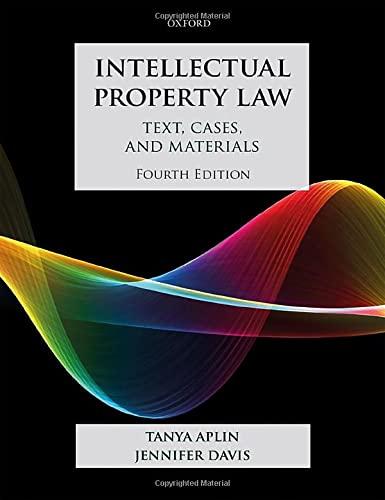Question
1. A lawyer may counsel a client to violate the law a. If there is a good reason for the client to do so. b.
1. A lawyer may counsel a client to violate the law a. If there is a good reason for the client to do so. b. If the law in question is stupid or unjust. c. Under no circumstances d. If the client is prepared to assume the risk.
2 A lawyer must communicate with a client a. Every time the client communicates with the lawyer. b. Whenever anything happens in a case, even if it is not significant. c. All significant developments in the case. d. When it is convenient for the lawyer to do so.
3.When a lawyer received inadvertently receives documents that appear confidential, the lawyer a. May use those documents to help the client consistent with the lawyer's fiduciary duty b. May read the documents thoroughly but may not disclose the contents to anyone. c. Must withdraw from representation because the lawyer is now tainted. d. Must only read the document until it became apparent that it is privileged and notify the sender of the document.
4 In representing a client, a lawyer a. A lawyer had a First Amendment right to engage in discrimination based on protected characteristics. b. Must act in the client's best interests even if that means harassing someone based on a protected characteristic. c. May not unlawfully harass or unlawfully discriminate against persons on the basis of any protected characteristic. d. Must withdraw from representation if the client holds racist views
Step by Step Solution
There are 3 Steps involved in it
Step: 1

Get Instant Access to Expert-Tailored Solutions
See step-by-step solutions with expert insights and AI powered tools for academic success
Step: 2

Step: 3

Ace Your Homework with AI
Get the answers you need in no time with our AI-driven, step-by-step assistance
Get Started


